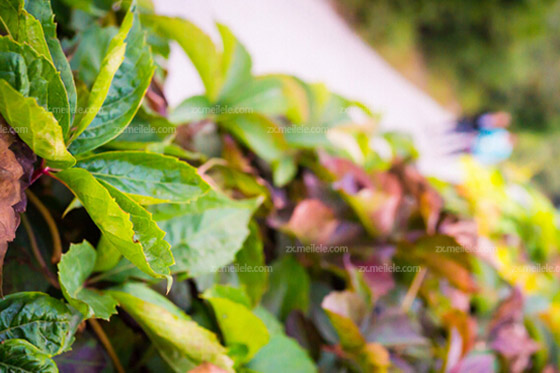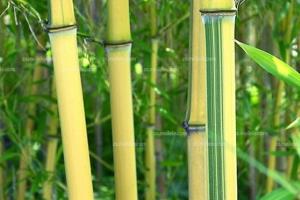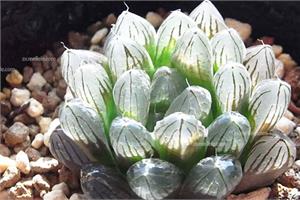A collection of pictures and materials of Parthenocissus, the characteristics of Parthenocissus
I remember that when we were in primary school, we learned a text about Parthenocissus, and I don't know if you remember it. This is an article depicting the feet of Parthenocissus, which also shows the greatest characteristics of Parthenocissus. In any case, we should once again have a multifaceted understanding of Parthenocissus, and this time we will focus on the life habits, characteristics and value of Parthenocissus. Well, let's start a journey to get to know Parthenocissus in many ways. If the introduction is not comprehensive, I hope you can point out and forgive me.

* Life habits
Parthenocissus likes to grow in damp places, but it is not afraid of bright light at all. Parthenocissus is generally a kind of plant with strong vitality, which is not only hardy and hardy, but also can grow well in barren soil. The adaptability to the climate is also very extensive, and it can remain semi-evergreen or evergreen in winter to the south of the warm temperate zone. But what Parthenocissus fears most is stagnant water, which can easily lead to rotten roots and slow growth. It grows best in fertile soil and is very resistant to pruning.
* introduction of features
The characteristics of Parthenocissus can be withdrawn in many aspects, that is, the growth habits of Parthenocissus that I just mentioned can actually be regarded as the characteristics of Parthenocissus, so what are the characteristics of Parthenocissus? First of all, let's take a look at the flowers of Parthenocissus. The flowers of Parthenocissus are very small and difficult to find without looking carefully; their vines are like grapevines, the bark has lenticels and the branches are stout. Parthenocissus has a lot of "feet". This is the article I mentioned at the beginning of the article called "the feet of Parthenocissus". It is precisely because of this "feet" that Parthenocissus can continue to climb. In fact, these tendrils are the tendrils of Parthenocissus. These tendrils have very strong suckers that can be attached to walls or rocks.
* embodiment of value
The value of Parthenocissus is mainly reflected in the ornamental value and medicinal value. The growth of Parthenocissus is lush, constantly climbing and growing, which is a very effective way of climbing and growing greening. Climbing on buildings or walls, it can achieve the role of greening the environment. It has strong resistance to harmful gases such as sulfur dioxide and hydrogen chloride, and has adsorption capacity to dust in the air. The roots and stems of Parthenocissus can be used as medicine, which can dispel wind and dredge collaterals, activate blood circulation and detoxify. For rheumatic arthralgia, external injury, carbuncle swelling, etc.
Conclusion: Parthenocissus is such a plant with tenacious vitality, although we often see Parthenocissus in our daily life, we should not underestimate the destructiveness of Parthenocissus. Because Parthenocissus can climb to the wall, it is very easy to cause the wall to collapse if the cracked wall is clung to by Parthenocissus. This is about all the characteristics of Parthenocissus. I still hope that you can point out and share more of what is not comprehensive.
Recommended reading:
☑ flower bonsai ☑ Bletilla striata price ☑ Cymbidium ☑ Ganoderma lucidum bonsai ☑ all-star flower ☑ hydroponic plant
☑ hydroponic green apple ☑ mulberry planting ☑ hydroponic orchid ☑ picture ☑ pocket coconut ☑ magnolia flower language
Related
- Wuhan Hospital Iron Tree Blooming Result Was Instantly Frightened by the Gardener Master
- Which variety of camellia is the most fragrant and best? Which one do you like best?
- What is the small blue coat, the breeding methods and matters needing attention of the succulent plant
- Dormancy time and maintenance management of succulent plants during dormancy
- Minas succulent how to raise, Minas succulent plant pictures
- What are the varieties of winter succulent plants
- How to raise succulent plants in twelve rolls? let's take a look at some experience of breeding twelve rolls.
- Attention should be paid to water control for succulent plants during dormant period (winter and summer)
- Watering experience of twelve rolls of succulent plants
- Techniques for fertilizing succulent plants. An article will let you know how to fertilize succulent plants.



